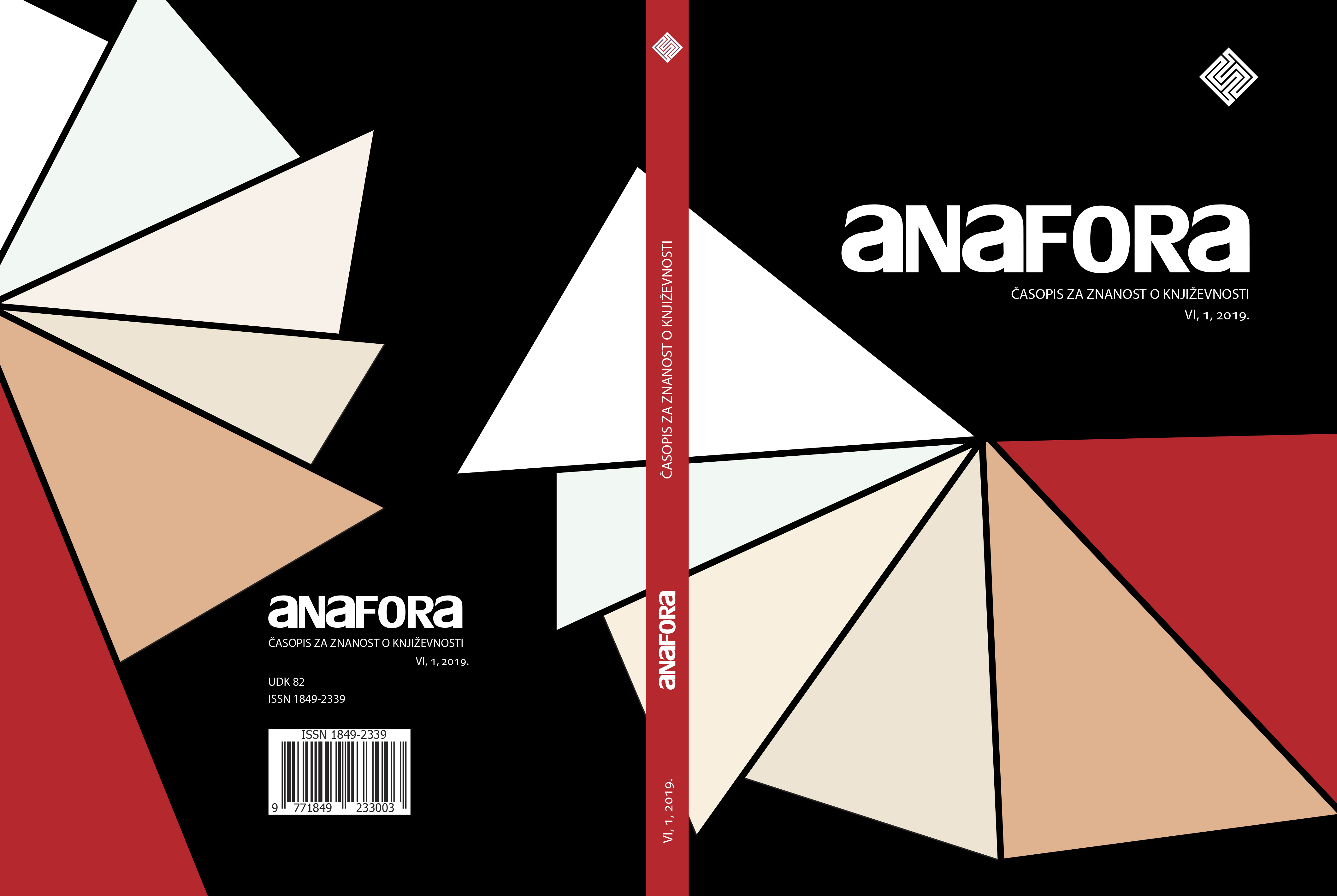Barok kao kulturološki koncept
Baroque as a Cultural Concept
Author(s): Alen Albin ŠircaSubject(s): Language and Literature Studies, Cultural history, Studies of Literature, History of Art
Published by: Filozofski fakultet, Sveučilište Josipa Jurja Strossmayera, Osijek
Keywords: Baroque; Neo-Baroque; modernity; alterity; Michel de Certau;
Summary/Abstract: After Heinrich Wölfflin introduced the notion of Baroque in the history of art, the term rapidly expanded to all areas of humanities, including the realm of literary studies. In parallel with this historical understanding, the transhistorical understanding of Baroque as a decadent style that can occur in every epoch was developing, at least from Nietzsche’s era on. In the last decades, literary theory has developed the term “Neo-Baroque” in order to clarify the construction of alternative histories of modernity that would be immune to the essentialist logic of modern capitalism. In the article, I draw on the “heterologic” interpretation of modernity developed by the French theoretician Michel de Certeau. In his work La Fable mystique (1982), he argues that Baroque mystical literature does not establish the radical rupture from the Middle Ages, but rather a new mode of uses (re-employment) of existing discourses, which avoids any closure within the frames of institutions. The precondition of such discursive strategies is a special relationship to radical alterity. Such a relationship does not foster stable Cartesian subjectivity, but rather a subject that is for the other/Other. The assumption that mystical literature functions as a symptom of modernity in general paves the way to an insight into the originary, “atopic” space that goes beyond the mere social and political projects of emancipation. What is at stake here is a kind of transcendental understanding of modernity as a condition of the possibility of the subjectivity, discursiveness and practice, which are focused on a heterological ethics.
Journal: Anafora - časopis za znanost o književnosti
- Issue Year: 6/2019
- Issue No: 1
- Page Range: 241-254
- Page Count: 14
- Language: Croatian

